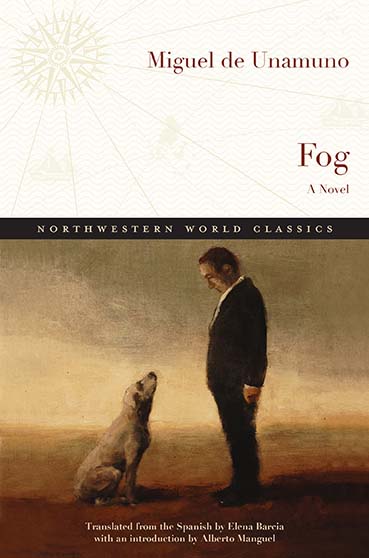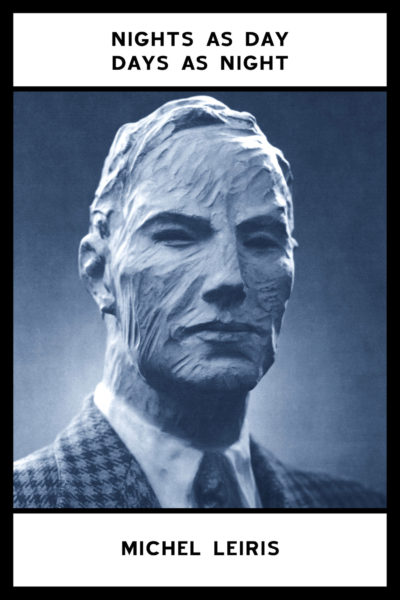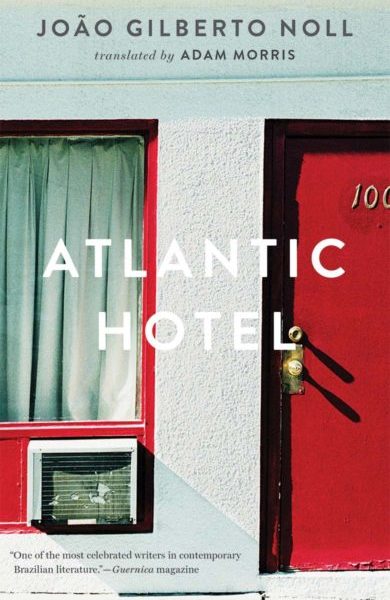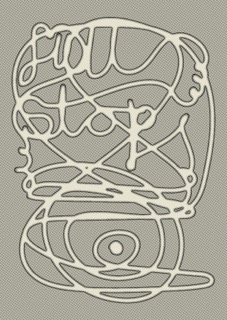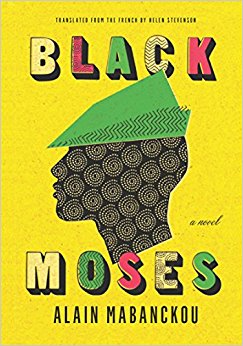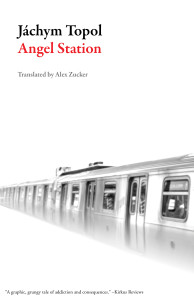When we die, we all become fictional characters.
Thus Bad Begins – Javier Marías
Like so many young Spaniards of the transition, Juan never questions his elders, as though pointing out Muriel’s hypocrisy might lead to the return of the Franco regime.
Nights as Day, Days as Night – Michel Leiris
While “a fieldwork of the self” is clearly how much of Leiris’s other work operates, this book resists.
Atlantic Hotel – João Gilberto Noll
ATLANTIC HOTEL’s moral compass is far wonkier than even the most clever parody of a hardboiled detective noir.
Full Stop Quarterly: August 2017
This issue of the Full Stop Quarterly is concerned with the processes and systems that make up and facilitate writing and reading, and in particular with poetry, the perpetual avant-garde.
When the doctor asked me if I had recently experienced a tragedy, I took the English translation out of my backpack, and read to her.
Our Dead World – Liliana Colanzi
Colanzi’s work moves in the opposite direction of Jung’s in every way; horror is a metaphysical humility.
The writing shows such a singular view of the world through an adolescent’s — then young man’s — then madman’s — eyes.
ANGEL STATION is a seething novel of accumulation, fast, strange, and destructive.
The Sacred Era – Yoshio Aramaki
Formerly preoccupied with imagining the future, science fiction is more inclined toward future anteriority.


